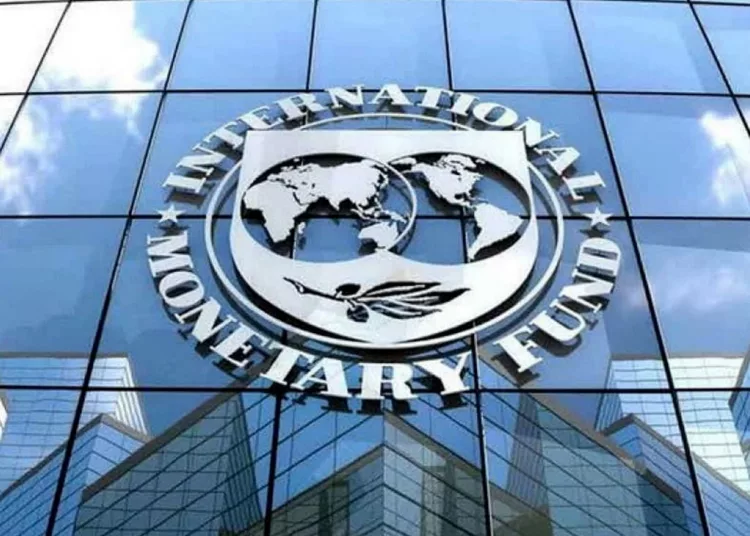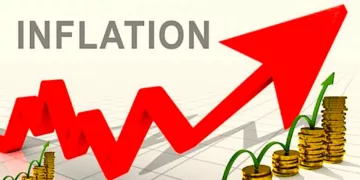The International Monetary Fund (IMF) has trimmed its economic growth projections for Nigeria, citing a weaker outlook for neighbouring South Africa and broader global headwinds.
The revised forecast, unveiled in its January World Economic Outlook Update, sees Nigeria’s economy expanding by 3.0% in 2024, down from the 3.1% predicted in October.
The IMF attributed the 0.2 percentage point downward revision to logistical challenges affecting South Africa’s economic activity.
It said, “In sub-Saharan Africa, growth is projected to rise from an estimated 3.3 per cent in 2023 to 3.8 per cent in 2024 and 4.1 per cent in 2025, as the negative effects of earlier weather shocks subside, and supply issues gradually improve.
“The downward revision for 2024 of 0.2 percentage point from October 2023 mainly reflects a weaker projection for South Africa on account of increasing logistical constraints, including those in the transportation sector, on economic activity.”
The global economic growth projection for 2024 is set at 3.1%, showing a 0.2 percentage point increase from the IMF’s October 2023 forecast.
Despite the overall positive outlook, the IMF expressed concerns about elevated central bank policy rates, withdrawal of fiscal support, and low productivity growth, projecting the 2024–25 growth below the historical average of 3.8%.
The IMF added, “The forecast for 2024–25 is, however, below the historical (2000–19) average of 3.8 per cent, with elevated central bank policy rates to fight inflation, a withdrawal of fiscal support amid high debt weighing on economic activity, and low underlying productivity growth. Inflation is falling faster than expected in most regions, in the midst of unwinding supply-side issues and restrictive monetary policy.”
The IMF had previously downgraded Nigeria’s 2023 growth to 2.9% in October 2023 due to weaker oil and gas production.





